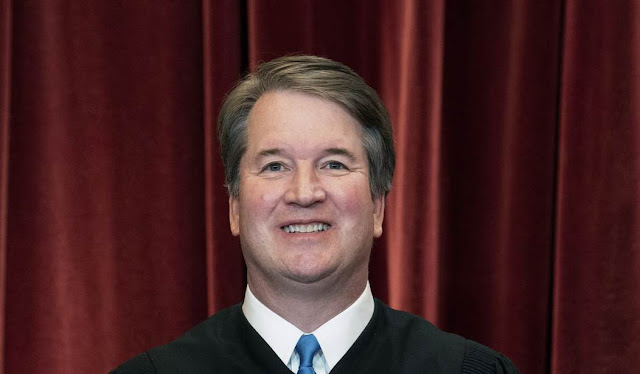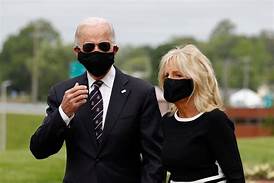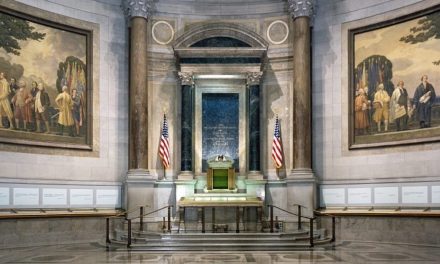LTP News Sharing:
Erin Schaff/The New York Times via AP, Pool
I’ve been listening to the oral arguments in the case of Trump v. Anderson before the Supreme Court, and it’s not looking good for the state of Colorado, which is seeking to remove Trump from the state ballot under the 14th Amendment.
A majority of the Supreme Court justices cast doubt on Colorado’s authority to exclude Donald Trump from the Republican primary ballot over his challenge to the 2020 election outcomes after widespread allegations of voter fraud and election irregularities.
A key point of contention was the potential for states to have different conclusions about a candidate’s eligibility, as well as the possibility of retaliatory actions by states to exclude a different candidate from their ballot.
Even justices from the liberal wing of the court expressed concern about this.
Justice Elena Kagan, for example, asked why “a single state can determine who is president of the United States. It seems quite extraordinary, doesn’t it?”
Justice Kentaji Brown Jackson, whom Joe Biden nominated, questioned why the authors of the 14th Amendment “would have designed a system that could result in interim dis-uniformity in this way, where we have elections pending and different states suddenly saying, ‘You are eligible, you’re not.’”
Experts seemed to agree that the Supreme Court is likely to rule in Trump’s favor.
“The justices seemed concerned that one state could affect the entire presidential election process, and that there needed to be some guidance from Congress before such an extraordinary measure could be taken,” Derek Muller, an election law expert at Notre Dame Law School, told CNN. “The Court seemed inclined to let the political process play out.”
“It’s not surprising to see the justices express discomfort with the proposition that the United States Supreme Court should wade into a factual and legal mire like this,” Muller continued. “But it was somewhat surprising that there seemed to be consensus around the theory that states could not do this without congressional legislation.”
But the real nail in the coffin of Colorado’s case came from Justice Brett Kavanaugh while questioning attorney Jason Murray.
“Some of the rhetoric of your position — I don’t think it is your position — some of the rhetoric of your position seems to suggest, unless the states can do this, no one can prevent insurrectionists from holding federal office,” Kavanaugh began. “But obviously, Congress has enacted statutes — including ones still in effect — Section 2383 of Title 18 prohibits insurrection; it’s a federal criminal statute, and if you’re convicted of that, you are — shall be disqualified from holding any office. And so there is a federal statute on the books, but President Trump has not been charged with that.”
Kavanaugh’s point is spot-on. Donald Trump has never been on trial for or convicted of sedition or participating in an insurrection. How can anyone justify a single state unilaterally bypassing due process, declaring someone guilty of a crime, and using that as the pretext for removing them from the ballot?
Donald Trump reacted to the end of oral arguments at a press conference.
“I just finished watching Supreme Court, you know, like to watch in many respects. It’s unfortunate that we have to go through the thing like that,” Trump said. “I consider it to be more election interference by the Democrats that’s what they’re doing. Good news is we’re leading virtually every poll.”







